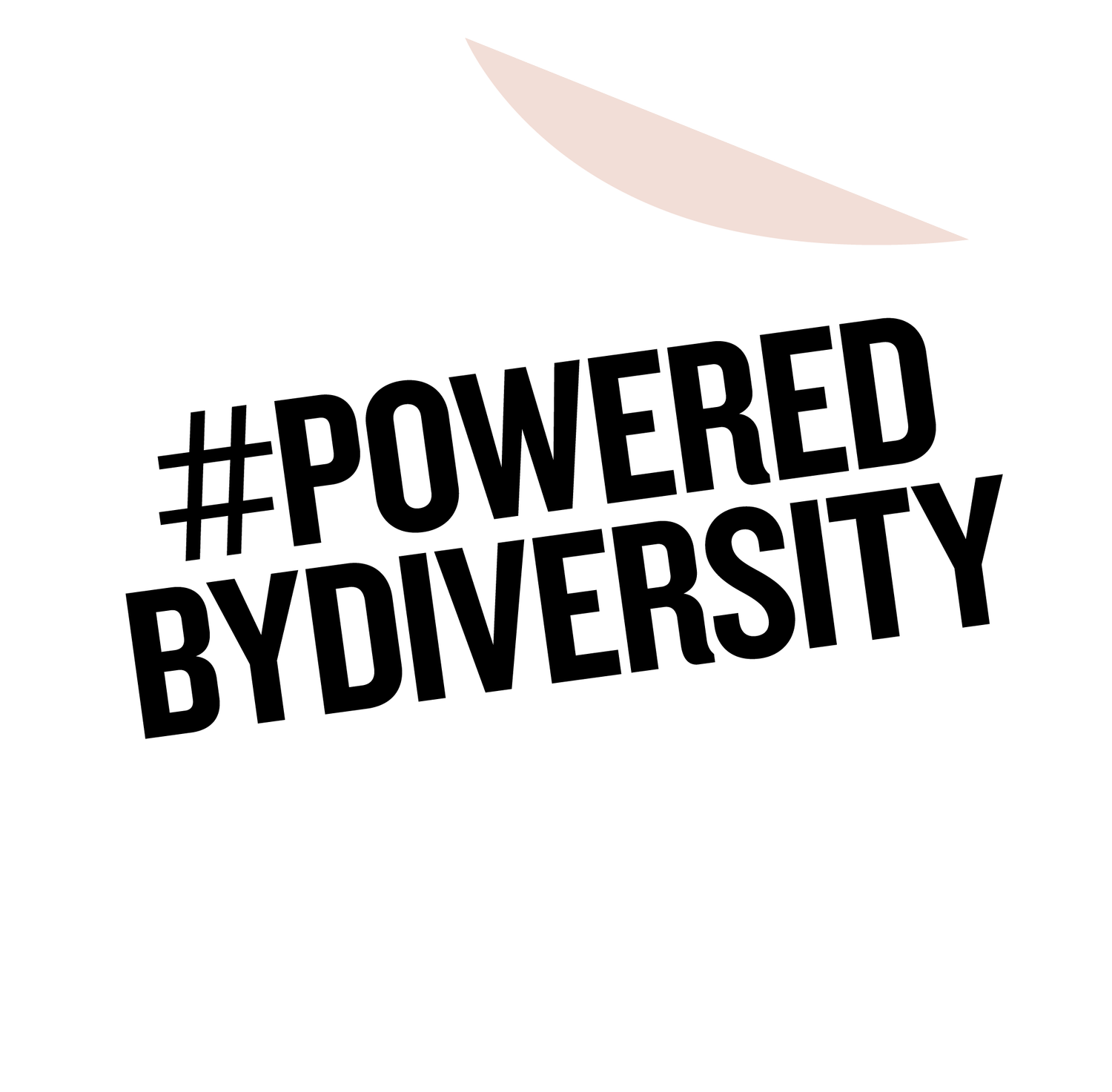The Benefits of Personality Tests for Building Cohesive Teams: Overcoming Potential Obstacles
By Olivia Brito, Positive Psychology Consultant
Olivia Brito, Powered By Diversity Collective
Personality tests have become increasingly popular in the workplace, and for good reason. They offer many advantages for employers looking to build cohesive teams, their accurate insights can be transformational for team culture and pivot to improved teamwork, but selecting and implementing the right tests, in the right manner, could be tricky and may come with potential obstacles that need to be managed effectively.
In this article, we'll explore the benefits of using personality tests for better team cohesion and, provide 3 actionable tips to maximise their effectiveness.
Benefits of Personality Tests:
1. Improved Understanding: Personality tests, especially data-backed, robustly tested types, such as the Big Five, help team members and leaders understand themselves and their peers better. This self-awareness is a fundamental building block to reduce team conflict and foster better communication and team collaboration.
2. Enhanced Team Diversity: By recognising the unique strengths of team members, employers can build team rich in diversity, inclusivity and with complementary talents. We know diversity fosters creativity and innovation.
3. Conflict Resolution: Personality tests can reveal potential sources of conflict within a team. Armed with this knowledge, employers can proactively address issues and create a more harmonious work environment.
Potential Obstacles:
1. Oversimplification: Personality tests are amazing gateways for insight, diversity and inclusivity; however employers should consider these aren’t rigid, black-and-white truths or definitive judgments. Also, context plays a key role in their interpretation. An overreliance on test results may oversimplify individuals, and lead to incorrect interpretations and stereotyping, potentially creating more division within a team.
2. Privacy Concerns: Some employees may feel uncomfortable sharing personal insights from these tests. Confidentiality equals trust. it is crucial to respect employees’ right to privacy and ensure that participation remains voluntary.
3. Confirmation Bias: Some personality tests may inadvertently reinforce existing biases or preconceived notions. It's essential to consider context and remain open-minded while use these assessments as a starting point to open conversation, not a final verdict.
How To Make Personality Tests Work For You, Actionable Tips:
1. Facilitate Open Communication: Encourage team members to discuss their personality test results and explore how these insights show up in their daily work, and how these can contribute to better teamwork. Important to make it clear that there is no good vs. bad profile, and no one should feel labelled or judged based on their results.
2. Combine with Further Support: Personality tests are most effective when used as part of a programme and with supportive methodologies, like 1:1 coaching sessions and team workshops. This integral approach provides a more complete picture of an individual's opportunities for growth and further potential.
3. Offer Training and Development: Use personality insight results to tailor training and development programs, where it is known to make the most impact, individually and collectively as a team. Recognise and address individual needs and preferences first, before addressing the collective, allowing team members to grow and thrive, both individually and as a team.
In conclusion, personality tests are valuable tools for building cohesive teams as they can bring self-awareness, promote diversity, and foster teamwork. However, employers should note the potential obstacles when selecting and implementing these tests, especially if not assisted by a specialist. By fostering open communication, using tests as part of a team development programme, and investing in training, employers can unlock the full potential of personality tests in creating a harmonious and effective workplace.
Olivia Brito // Positive Psychology Consultant

